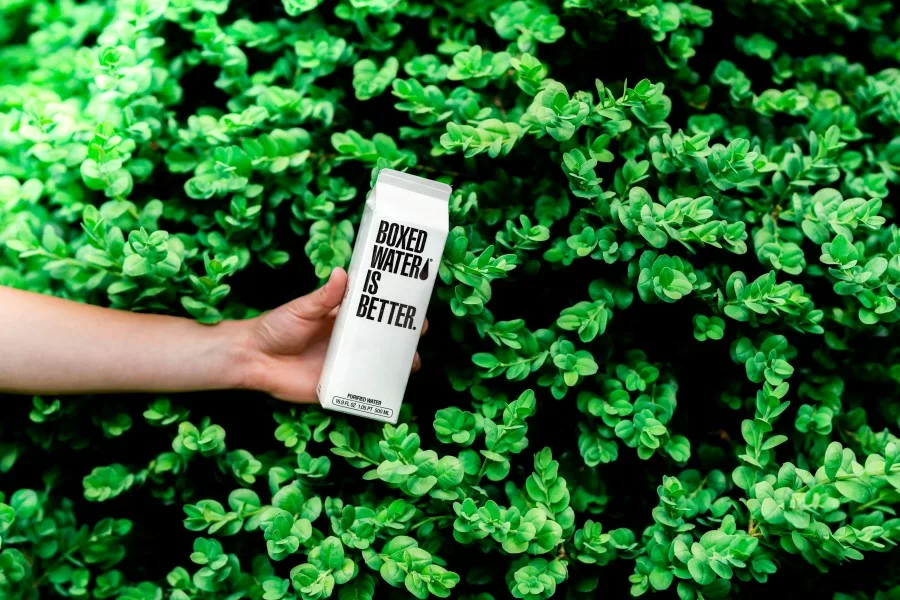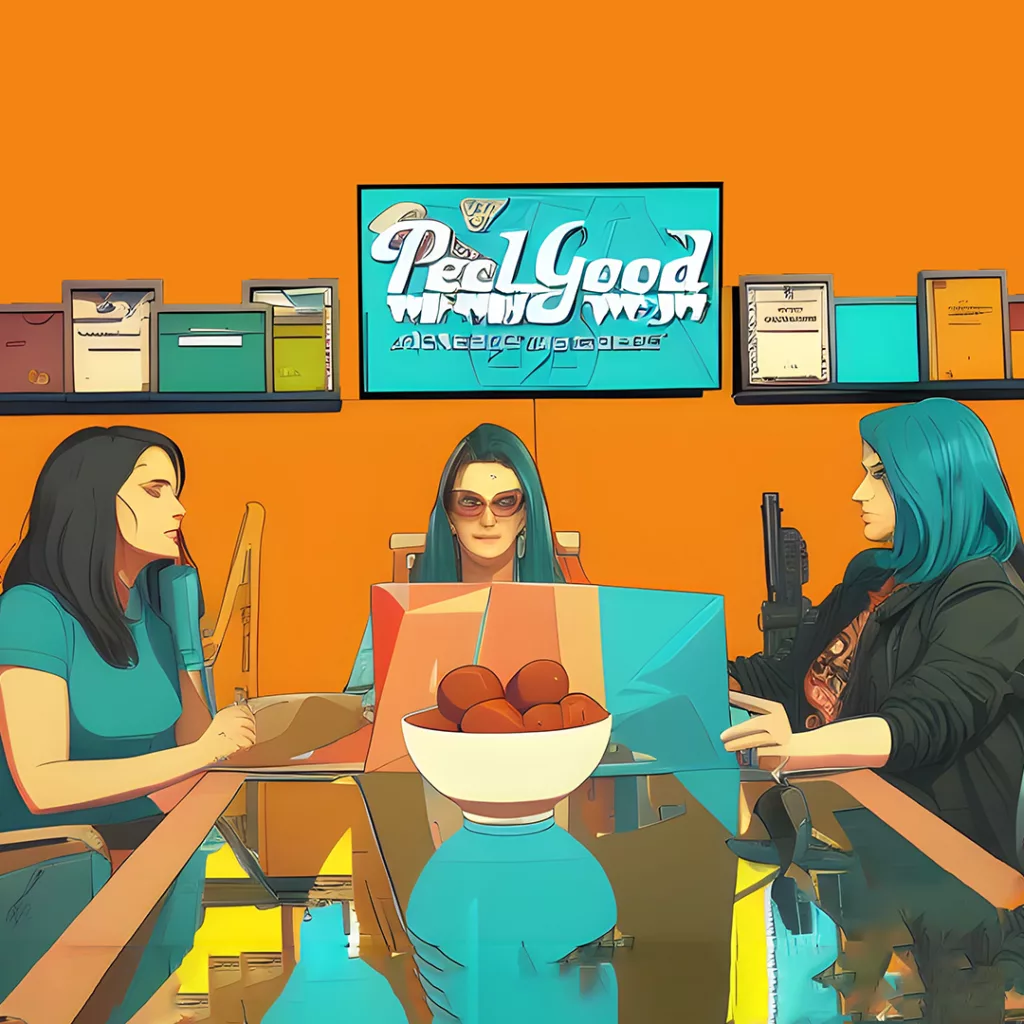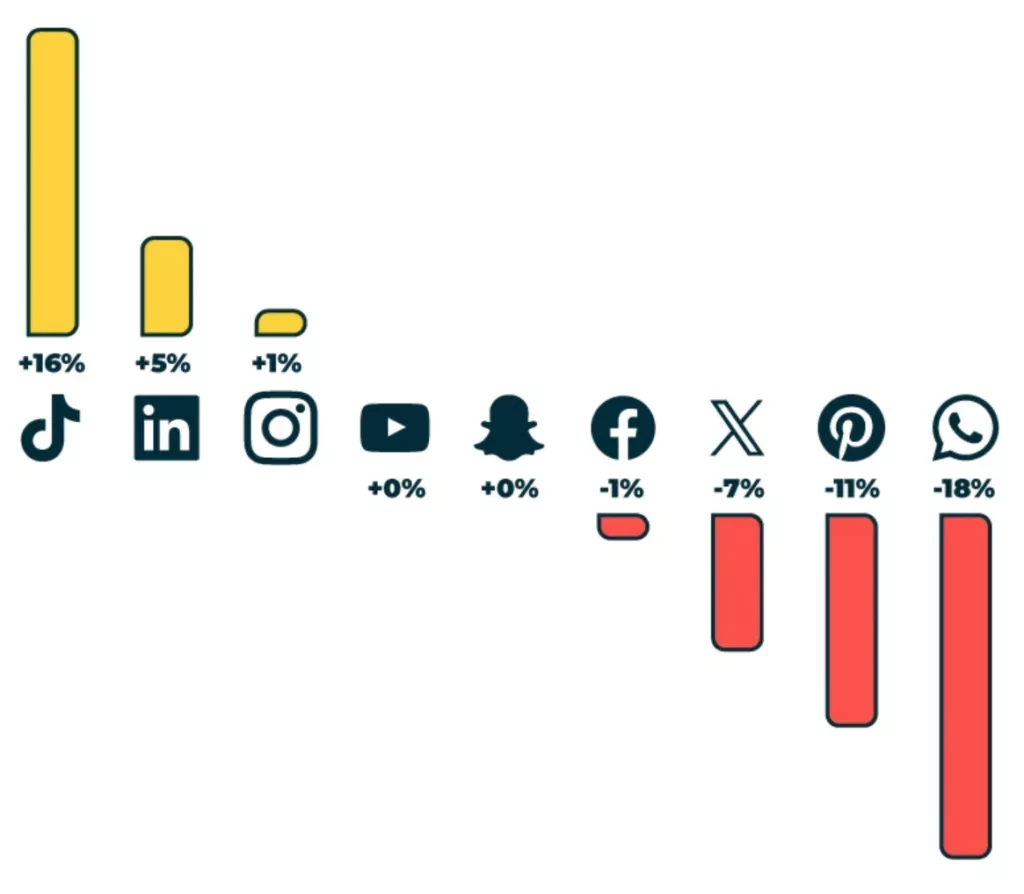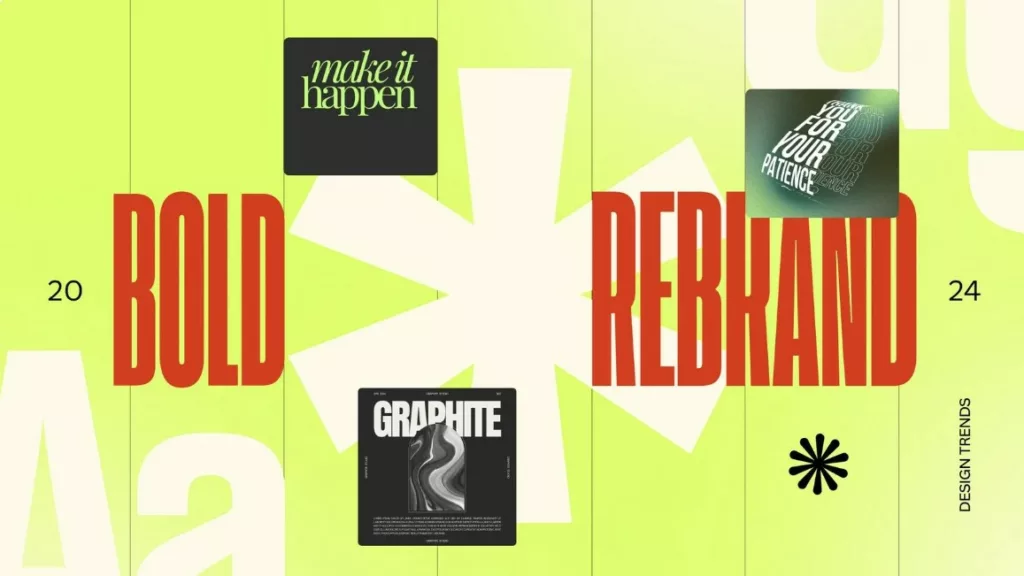2024 is here and with it a new set of possibilities, challenges and – of course – trends. Before you set out to make your marketing goals happen this year, make sure you are up to speed on all the latest trends, tricks, and changes in the playing field. Read on for our team’s take on the top marketing trends to watch for 2024 and beyond.
#1 – AI on the Rise
AI has quickly become a content juggernaut in the digital marketing world. Hubspot’s most recent State of Marketing Report found that a whopping 64% of marketers are already leveraging AI to do their jobs. As the internet continues to explore the possibilities of AI (give a listen to our podcast on the topic here), you can expect to see more and more brands and marketers leveraging the power of AI for everything from content creation to customer service. AI is set to make a particularly dramatic impact in two areas: digital advertising and SEO. Google reports that 80% of its advertisers are already using at least one AI-powered Search ads product, generating different types of ad contents matched to targeted customer data to deliver more return on ad spend. Leveraging AI for data analysis and content optimization suggestions for SEO is another area where marketers are rapidly saving time and increasing efficiency.
As marketers seek to find an edge to do more with less in a competitive marketplace, figuring out how to ethically use AI use to create quality content at scale in the right context will be an ongoing paradigm shift.
#2 – The Human Factor
While AI is undoubtedly a powerful tool, there are many things that it cannot do. The proliferation of AI in generating online content means a huge increase in content published – creating an oversaturation of generic content and driving an ever-increasing demand for real, authentic, creative and interesting content to stand out from the rest. Human creativity, connection, empathy and trust – these are things that AI just can’t mimic. In fact HootSuite’s Social Media Consumer 2024 Survey showed that up to 33% of Gen Z social media users reported that they were less like to engage with something if they knew that it was created with AI and the same percentage reported that they were less likely to trust something if they knew it was created with AI.
So, as the newness of readily-available AI tools wears off and we settle into a shifting landscape, marketers will need to be smart and creative in strategically employing AI tools to enhance efficiency and reach while still anchoring their brand and message in a purposeful and uniquely human voice. Authenticity will be a critical factor in winning attention online, along with a human-led deep understanding of who your audience is, what they need and want, and how your brand connects.
#3 – Picking Platforms
According to Demand Sage, the average social media user in 2024 logs into 7 platforms each month. For marketers however, the investment and pace required to maintain an active presence on many different networks is increasingly hard to keep up. Tailoring content to the unique format and trends of every platform out there, keeping up with the changes in algorithms and ad platforms and new releases – it all requires a lot of time and energy, and all platforms don’t deliver equally in terms of return. As social media continues to diversify, smart brands are increasingly looking at their audience preferences and ROI data to focus on social media platforms that work for them and limit or even drop the ones that don’t. This willingness to de-prioritize or even abandon one or more platforms based on prioritizing ROI is a radical shift from the days when conventional wisdom said that brands needed to be placing everything, everywhere. And the results are already beginning to show. According to HootSuite’s Social Trends 2024 Survey, brand usage on TikTok rose by 16% last year, LinkedIn rose by 5% and Instagram by 1%. Meanwhile, X dropped by 7%, Pinterest fell by 11% and WhatsApp dropped by 18%.
#4 – Entertainment Over Self-Promotion
As social media users, we all know that social platforms are primarily entertainment engines that we use mostly to keep in touch and to relax and unwind. As social media marketers, however, we are prone to forget that – and at a cost. More than ever before, consumers are telegraphing their dislike for brands that are too sales-y or relentlessly self-promotional on social media. According to Hootsuite’s Social Media Consumer 2024 Survey, 56% of consumers think that brands should be more relatable on social media and 34% say that too much “self-promotion” on social is a major turn-off in how they view a brand overall.
So, what’s a brand that’s not well-suited to trending challenges and dance videos to do? Think outside the box a bit. “Entertaining” content doesn’t have to mean a song and dance. Anything that your particular audience finds enjoyable, inspirational, exciting or new can be a form of “entertaining” content. Remember that the foundational purpose of social media is to connect people, and so adding this type of content into your social media mix is really about relationship-building with your audience and giving them the opportunity to discover ways in which your brand authentically resonates with them on an individual level.
#5 – Getting Personal
More than ever before, consumers are looking to connect with brands and products on a personal interest level. And a proliferation of tools in the digital marketing arena are allowing it to be more efficient and effective than ever before to personalize and tailor messages specifically to more granular subsets of audience, speaking to those specific things that interest them or matter most to them. Increasingly, one general broadcasted message just doesn’t cut it in terms of getting your customer’s attention. So in 2024, marketers are thinking about ways to personalize their brand experience to the individual – from personalized email and shopping recommendations to segmented advertising creative that addresses different, unique perspectives.
As with all new relationships, the key is not to get too personal too quickly. Digital platforms have made a wealth of user information available to marketers, and AI has made it more efficient than ever before to analyze and utilize it. However, at the same time, consumers are increasingly concerned about privacy online. In a 2023 study on corporate data responsibility by KPMG, 86% of Americans reported that data privacy was a growing concern for them and 68% reported being concerned by the amount of data collected by businesses. So, when it comes to personalizing marketing messages, start by addressing commonalities for targeted audience segments rather than individual users. And when you do get to the individual user level, be transparent and honest about the data you collect and how you use it and give your customers as much control as possible over how their individual data is used.
#6 – Bold Creative
When it comes to design trends in 2024, bold is in. From bright, vivid color schemes to strong sans-serif fonts, bold design elements aimed at creating a positive, dynamic feel are taking center stage headed into 2024. Building off the momentum of the retro ‘80s nostalgia that’s been widely embraced, this is the latest iteration of infusing energy, optimism and a little bit of fun in your brand presentation to appeal to younger audiences as well as those weary of the futuristic, sleek tech look but instead attracted to vibrancy and relatability. Case in point: online design giant Canva reported that searches for the term “lively” were up by 32,000% in 2023 and “vivid” by 19,000%
From the marketer’s perspective, there’s another good reason to embrace the bold. It’s a great way to cut through the noise and set your brand apart in an increasingly crowded and competitive environment.
#7 – Responsible Design
Once considered important messaging only for niche or cause-connected brands, issues of social justice, corporate responsibility, diversity and inclusivity have become a mainstream consideration for brands in recent years. Consumers today have a heightened awareness of the ethics of the brands with whom they do business and that awareness is expanding beyond just brand messaging and presentation and into design and packaging. As more and more customers are actively seeking brands whose values align with their own, it’s quickly become a case of show, don’t tell. For example, rather than just showcasing eco-friendly messages and initiatives, brands are expected to actively incorporate those values and practices into the way they build, market and support their products. 2023 consumer trends reporting shows that a full 50% of Gen Z consumers and 41% of Millennial consumers expect brands and companies to take a public stance on social issues. Furthermore, 60% say they’re more likely to buy from a brand demonstrating that it is actively working to reduce its environmental impact.

Sustainable and eco-conscious packaging be increasingly focal in 2024.
All that means that responsible design is a differentiator for 2024. Whether that means an eco-conscious approach to print and packaging with sustainable papers and materials and less ink usage, diversity in advertising and in partnerships or accessible design on the web that creates an easy and intuitive experience for users of all abilities, expect customers to gravitate to brands that demonstrate an authentic commitment to putting their words into action.
One thing’s that’s certain in 2024 – smart brands are planning for that change. Platforms, trends and consumer values are shifting more quickly and constantly than ever before. Marketers will need to be ready to pivot to stay on top and ahead of the curve.
Did you read our Marketing Trends from 2023? How’d we do?
Need a hand in charting a course for 2024 and beyond? Connect with Clementine to get started!



